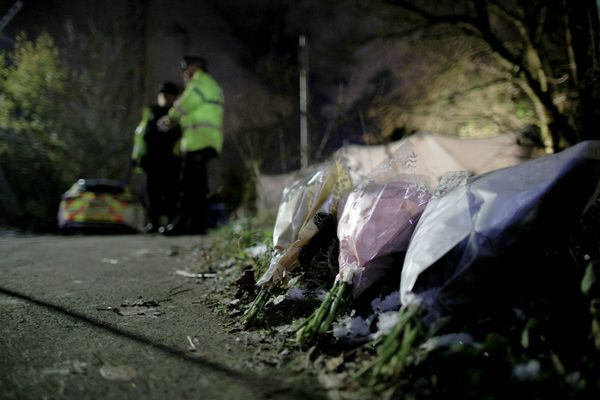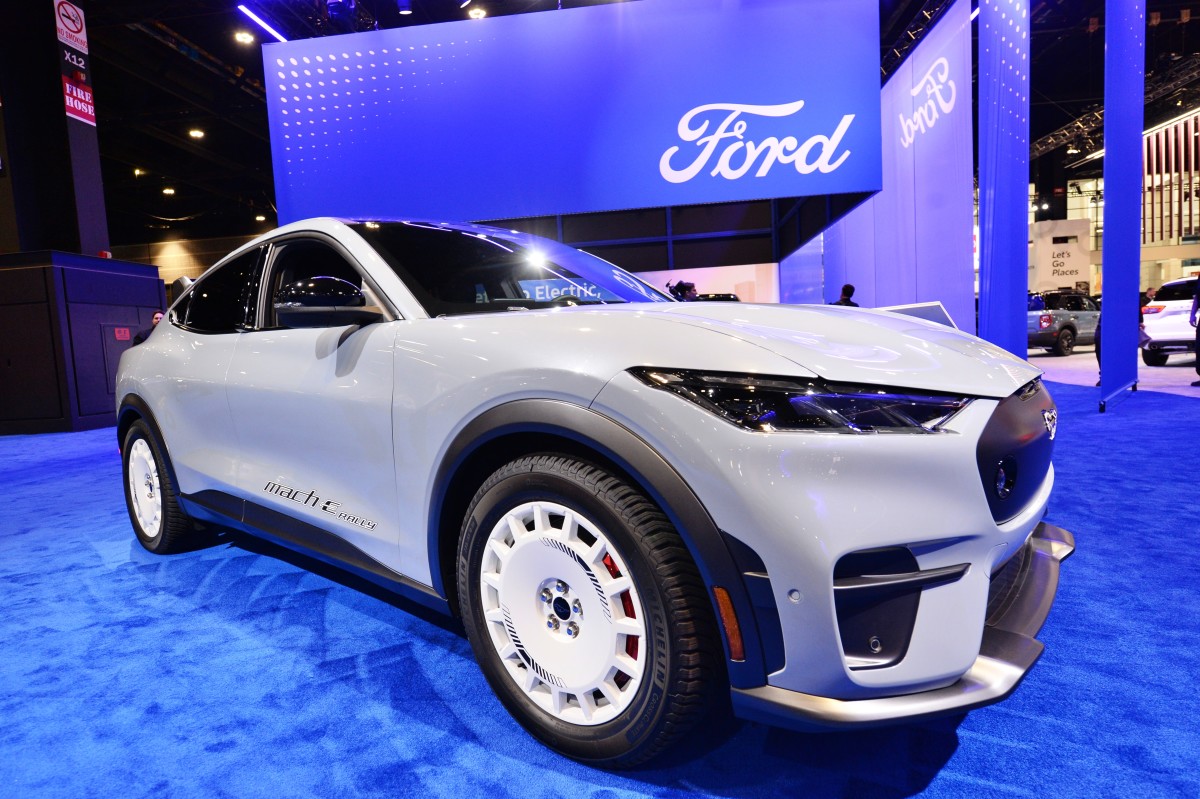
Range anxiety has been a common issue affecting EVs, and has been a primary reason for many buyers to not adopt the plug, or choose hybrids and plug-ins instead.
However, the world's biggest EV battery manufacturer has recently revealed a solution that may put those issues to bed.
Related: Honda is betting big on North American EV manufacturing
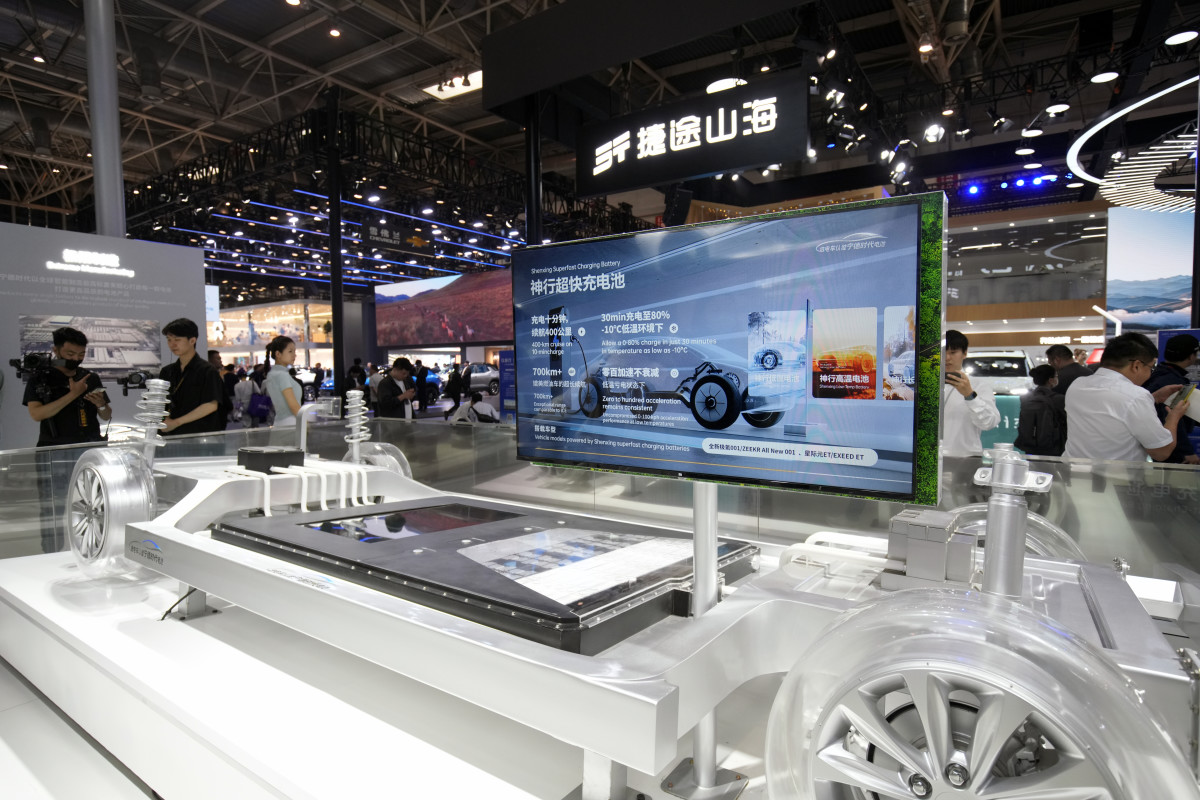
As per a report by Reuters, Chinese-based EV battery manufacturer Contemporary Amperex Technology Company (CATL) has unveiled a brand new lithium iron phosphate battery (LFP) battery design at the Beijing Auto Show.
Dubbed the Shenxing Plus, the new battery boasts a driving range of more than 1,000 kilometers, or 621 miles of range on a single charge.
According to CATL, the new LFP battery system is also capable of 370 miles of driving range after a quick 10-minute chargeup. In comparison, Tesla says that the lithium ion batteries used in its electric cars can gain up to just 200 miles after a 15-minute charge.
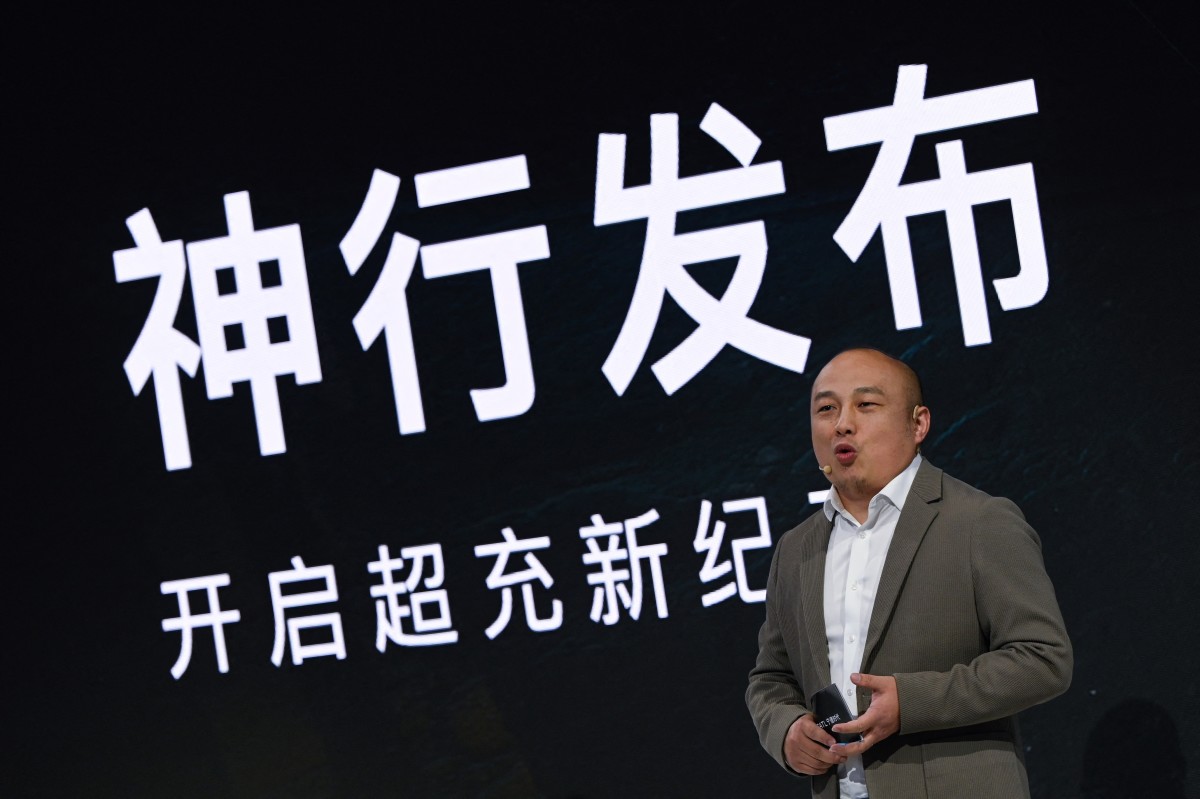
The new batteries one-up the already-remarkable range and charging figures achieved by CATL's Shenxing SuperFast Charging batteries that were released in August 2023. The battery — which already sees applications in five models in China, has a driving range of over 434 miles on a single charge, and can gain up to 248 miles of range after spending just 10 minutes plugged into the EV charger.
At the show, CATL CTO Gao Huan emphasized that buyers in China, like the U.S., prioritizes range and battery charging speed when they look at an EV.
In his keynote, Huan mentioned that many people in China travel long distances via car, and with the new battery, travel between cities like Beijing to Nanjing or Guangzhou to Wuhan can be done with cars.
"Longer driving range and faster charging speed remains the key requirements for todays consumers," Huan said at the Bejing Auto Show. "Shenxing Plus enables you to travel freely and enjoy your life."
The Detroit Connection
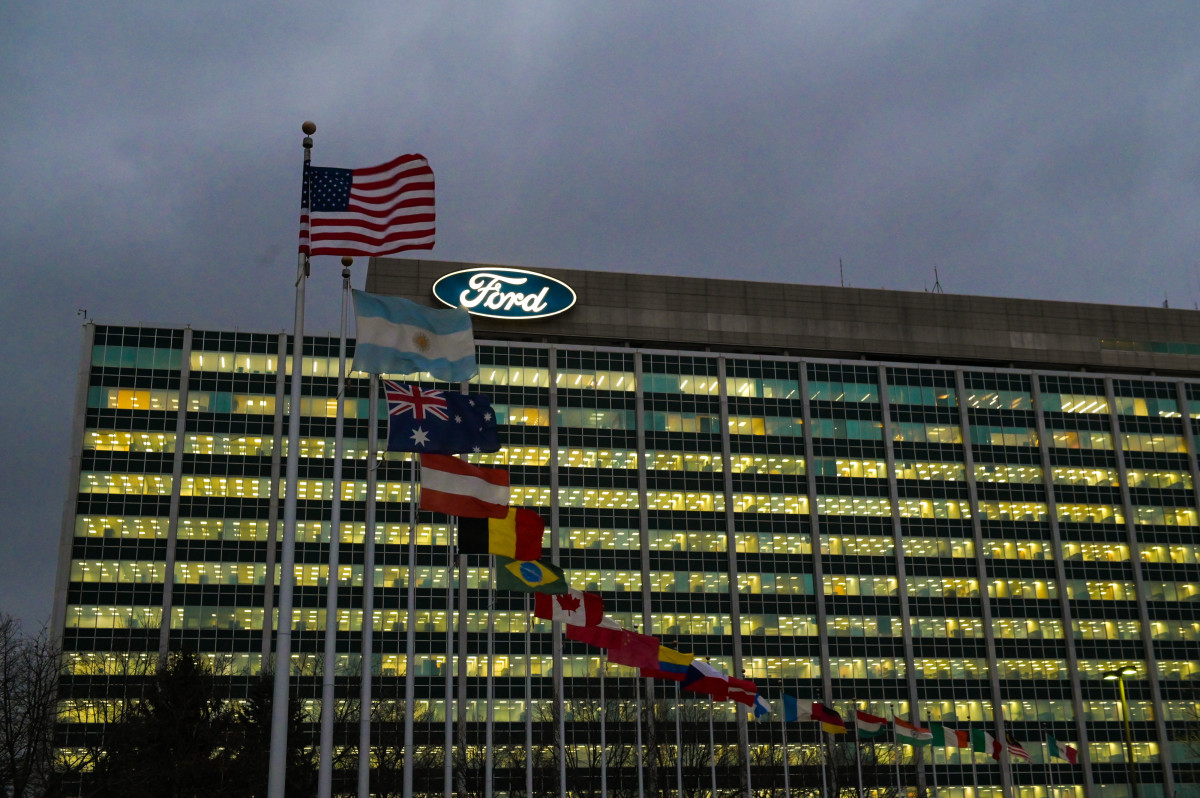
Detroit Big Three automaker Ford (F) currently has an agreement with CATL to license its LFP EV battery tech, which will be produced at Ford's Blue Oval Battery Park in Michigan. When finished, CATL will train Ford staff to produce EV batteries using this technology for Ford-branded vehicles such as the Mustang Mach-E and F-150 Lightning.
CATL is also in talks with General Motors (GM) to establish an agreement that is similar to Ford's for their own EV batteries. According to sources who spoke to the Beijing Late Post, the batteries are set to be made at a future facility somewhere within the U.S. or Mexico.
As LFP batteries are cheaper, more advanced and touted as less harmful to the environment as lithium-ion batteries, General Motors plans to use the technology in its future EVs.
During the automaker's third-quarter 2023 earnings call, GM CEO Mary Barra that the next iteration of the Chevrolet Bolt will use LFP batteries, noting that it will save the automaker "billions in capital and engineering expenses."
CATL has not disclosed whether it will be licensing the Shenxing or Shenxing Plus technology to Ford or GM, but it said that over 50 EVs will use the Shenxing battery by the end of 2024.
More Business of EVs:
- A full list of EVs and hybrids that qualify for federal tax credits
- Here’s why EV experts are flaming Joe Biden’s car policy
- The EV industry is facing an unusual new problem
Accusations from Congress
In a January 29 letter, Representatives Mike Gallagher (R-WI) and Cathy McMorris Rodgers (R-WA) — the respective chairs of the House select committee on China and the Energy and Commerce Committee — urged the Commerce Department to investigate and impose export restrictions on Chinese firms including CATL, alleging that the battery maker was involved in the design, construction and information technology (IT) workings of Ford's Blue Oval Battery Park.
In the letter, the lawmakers accused the Chinese firm of not only having direct ties to the Chinese Communist Party (CCP), but also the Chinese military, alleged human rights abuses in the Xinjiang region of China and the government of North Korea.
In a statement to Reuters, Ford said that it follows "all government regulations across our business," adding, "Ford suppliers are required to meet our higher standards, including for protecting human rights, and obligated to extend those requirements to suppliers with whom they might work."
Related: Veteran fund manager picks favorite stocks for 2024


